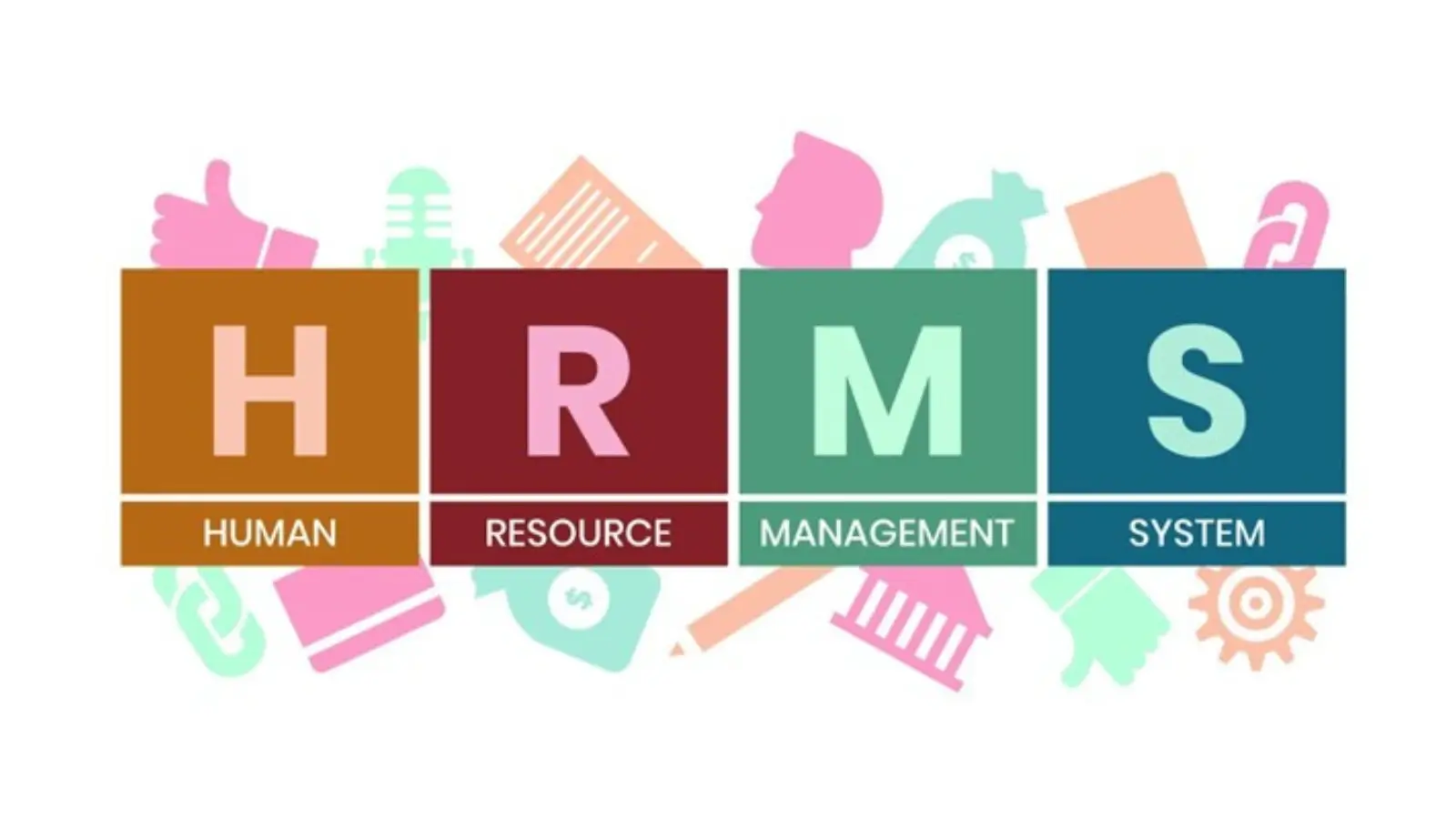Running a business is a significant challenge, especially when operating on a tight budget and competing with tough competitors. From managing daily operations to improving employee engagement, it’s a constant balancing act that needs creativity and resilience.
HRMS platforms can transform your business operations by combining automated workflows, reporting, and other capabilities. They also simplify routine administrative tasks, helping you focus on strategic initiatives such as performance development, workforce planning, and team operations.
Longstanding assumptions about HR systems are shifting. Today’s HRMS platforms are becoming increasingly intuitive, delivering ideal solutions for agile and future-ready teams. In this blog, we will guide you through the key features and benefits of simplified HR systems for small teams.
How Does an HR System Work?
An HR system helps manage and automate core HR functions within the organization. It includes several capabilities, such as payroll processing, performance tracking, and data management. Let’s explore these capabilities and check how they help small businesses scale.
- Payroll System: It combines employee information with payroll data and administration. This makes it easier to manage payroll reconciliation, schedule adjustments, handle pay changes, etc.
- Employee Information Database: HR software helps you keep data well-organized and accessible. It allows your HR team to retrieve employee records, track updates, and maintain accuracy.
- Administrative System: It explains all policies clearly and answers common queries about employee benefit options, coverage details, and enrollment eligibility.
- Recruitment and Onboarding: These features simplify the overall application process. They help filter applications based on criteria and move information to the employee database once positions are filled.
Why Do Small Businesses Need an HR System?
As a small business starts to excel, managing workflow, employees, and other processes becomes more complex. For example, if you need to expand your consumer base while maintaining a productive workforce, a manual HR process is no longer sufficient.
Therefore, instead of depending on manual processes, using dedicated HR software can be beneficial. Incorporating this software into business operations can help you manage expansion and keep the process hassle-free. This is how HR software for small businesses pays off in the long run:
1. High Productivity & Efficiency
Workforce management might be a tedious job for businesses and HR professionals. It pulls HR's attention away from strategic business goals. An HR software tool can help streamline these tiresome tasks. It simplifies HR processes and enables you to foster a productive environment. Moreover, this software can also free up resources for impactful tasks, such as talent development and organizational growth.
2. Reduced Manual Recordkeeping
Tracking timesheets manually is an outdated process. An integrated HR system helps you reduce the necessity for paper files and manual data entry. It automatically stores key information like employee login and logout time in a single database. This process ensures easy access, high accuracy, and better compliance with recordkeeping needs.
3. Assured Compliance
HR software systems deliver a high-security level that might be required by regulatory authorities. They may help ensure your business meets data privacy standards, maintains precise records for audits, and automates compliance tracking. It also supports compliance by notifying HR professionals before employee training programs or certifications expire. This ensures your business stays up-to-date with all requirements.
4. Improved Employee Experience
The success of any organization relies on its employees. For all businesses, every employee is a major differentiator for growth. They will ensure business continuity if hired, trained, and retained carefully. Deploying an HR software system in your organization enhances the overall employee experience. The right implementation provides quick access to information, simplifies recruitment, and increases transparency.
Conclusion
Selecting the right HRMS platform is more than just a digital shift. It’s a smart choice that transforms how you can manage HR processes, people, and business growth. Implementing this system can pave the way for diverse and scalable achievements. By clearly reviewing key features, understanding HR needs, and focusing on scalability, you can build a strong foundation for your business success.
Are you ready to manage your workforce data with confidence? It’s time to elevate your HR process with Simplified HR. It is a feature-packed HRMS platform designed for startups and businesses looking to scale and grow. Its features include asset tracking, calendar syncing, policy management, employee self-service, and activity monitoring. They help your business stay agile and drive seamless workforce management.
















